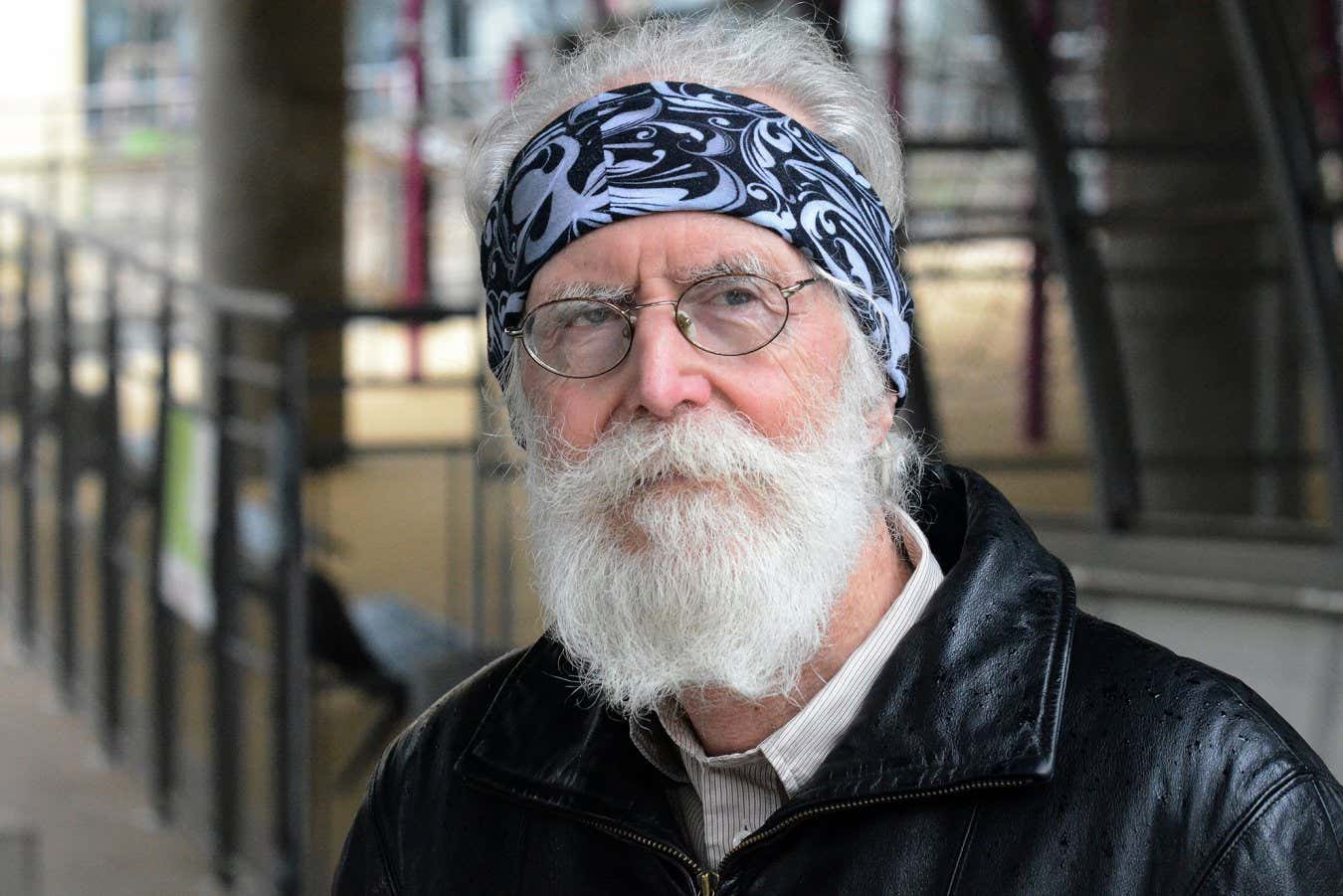Michel Talagrand has won the 2024 Abel prize for his work researching probability theory and the extremes of randomness
By Alex Wilkins
20 March 2024
Michel Talagrand says life is frighteningly random
Peter Badge/Typos1/Abel Prize 2024
Michel Talagrand has won the 2024 Abel prize, sometimes called the Nobel prize of mathematics, for his work on probability theory and describing randomness. The news came as a surprise to Talagrand, who found out on what he thought was a departmental Zoom call. “My brain completely stopped for five seconds. It was an amazing experience. I never, ever could have expected such a thing.”
Talagrand, based at the French National Centre for Scientific Research (CNRS), has spent a large part of his four-decade career characterising the extremes of random, or stochastic, systems. These problems are common in the real world – for example, bridge builders might need to know the maximum wind strength to expect from the local weather.
Read more
Mathematicians found a guaranteed way to win the lottery in 2023
Advertisement
Such random systems can often be extremely complex and contain many random variables, but Talagrand’s methods, which convert these systems to geometric problems, can extract useful values. “He is a master in obtaining precise estimates and knowing exactly what to add or subtract in order to get sharp estimates,” says Helge Holden, chair of the Abel prize committee.
Read more
Mathematicians plan computer proof of Fermat's last theorem
Talagrand also developed mathematical tools and equations for systems that, while random, display some predictability in their randomness, a statistical principle called concentration of measures. His equations, known as Talagrand inequalities, can be used for many systems that show a concentration of measures, says Assaf Naor at Princeton University, such as famous algorithmic puzzles like the travelling salesman problem. “In addition to just being a great discoverer himself, he is influential. He provided the world with an amazing collection of insights and tools,” says Naor.
